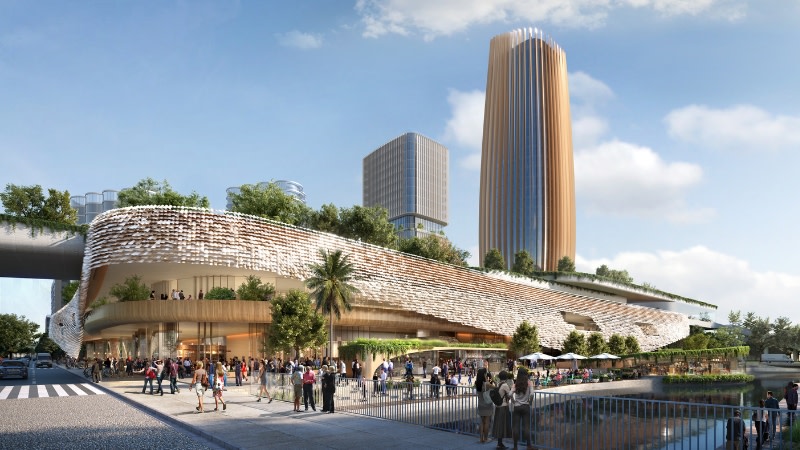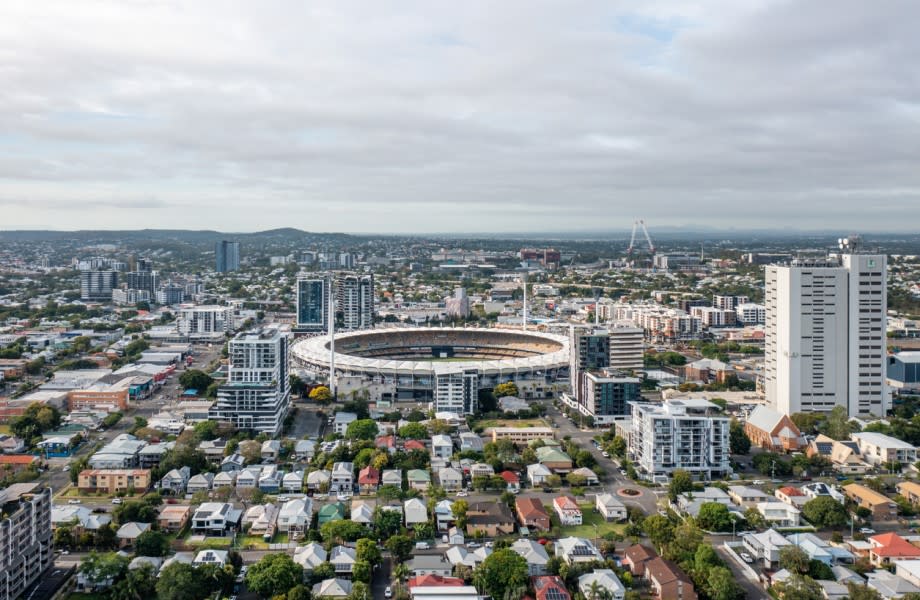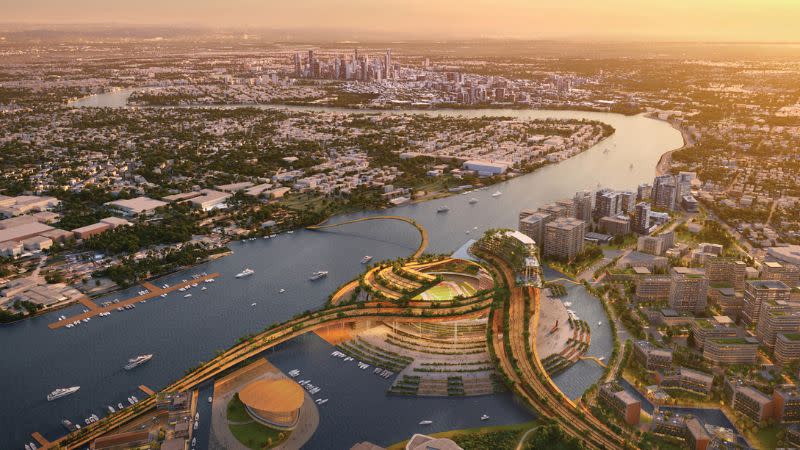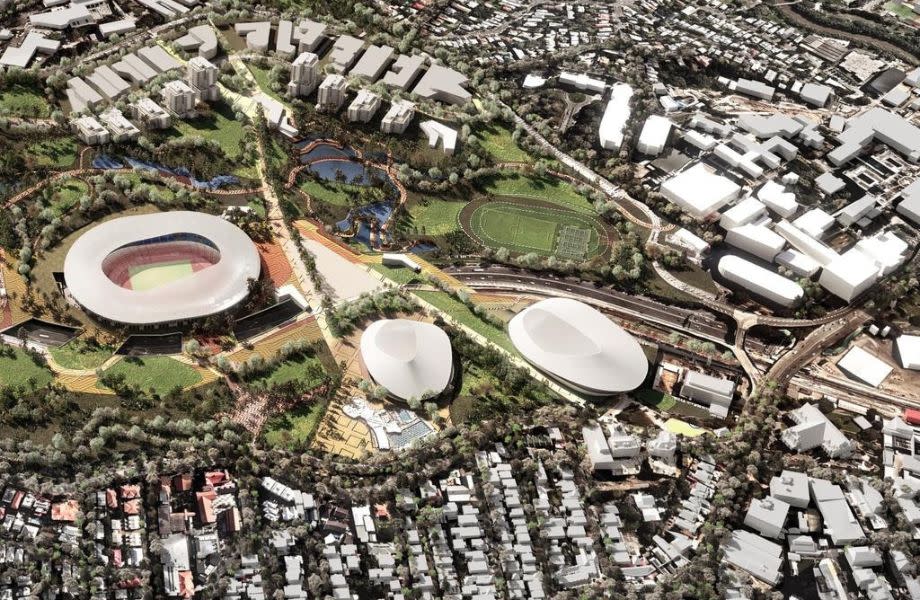
The date is set for the end of speculation around the home of Brisbane’s 2032 Olympic Games with a decision to be announced on March 25.
A “well-located venue close to public transport” is so far the only clue about the main stadium of the Games.
More than 5000 submissions were made to the Games Independent Infrastructure and Coordination Authority during the 100-day decision-making period.
The final report is due to be handed to the Queensland Government on March 8.
Walker Corporation is among the big-name developers to make a submission to the investigation. It has proposed a 7000-seat games arena, athlete village with 1400 beds and a 5-star hotel on the Sunshine Coast.
The Woods Bagot-designed scheme for the $1-billion Horizon Centre for a site near the Sunshine Coast International Airport would be delivered through a private-public partnership.
Walker managing director David Gallant said they wanted to accelerate the asset and keep it on the authority’s radar.
“This will be an iconic destination that delivers major events for sports, entertainment, the arts, conventions, exhibitions and other community uses, enabling Queensland to reap the benefits for decades to come, after putting on the best Olympic Games ever,” Gallant said.
“The Horizon Centre has always been central to the Maroochydore City Centre vision to create a landmark economic and social hub which drives growth.”

The final delivery plan is to be signed off on March 24 and released the next day.
The International Olympic Committee, Organising Committee president, the Brisbane City Council and Commonwealth Government cabinet must all agree to the plan by that deadline.
After cost blowout controversies had plagued the Games planning, the state government announced a so-called value-for-money review of new and existing venues slated for Brisbane’s 2032 Olympics.

The Gabba redevelopment, costed at $2.7 billion; Victoria Park Bold Brisbane and Northshore Vision 2050 at Hamilton were among contenders for the main stadium to host the Games in seven years.
Queensland development, infrastructure and planning minister Jarrod Bleijie said they wanted to get back on track for this once-in-a-generation opportunity.
“With a delivery plan guided by the experts, Queenslanders won’t be embarrassed on the world stage.”

Inertia Engineering managing director Scott Clements said the feeling on the ground from the industry is around transport, housing and public spaces.
“While sporting infrastructure is always a key part of any Olympic and Paralympic Games, we have seen very different legacies left by Games across the globe,” Clements said.
“When we compare London to Beijing or Rio, Brisbane must create a legacy that mirrors the transformation of London’s East End.
“It combined sporting investment with similar investment in mass transport infrastructure, social and affordable housing, parkland and social spaces, all of which are actively used and valued over a decade later.”
